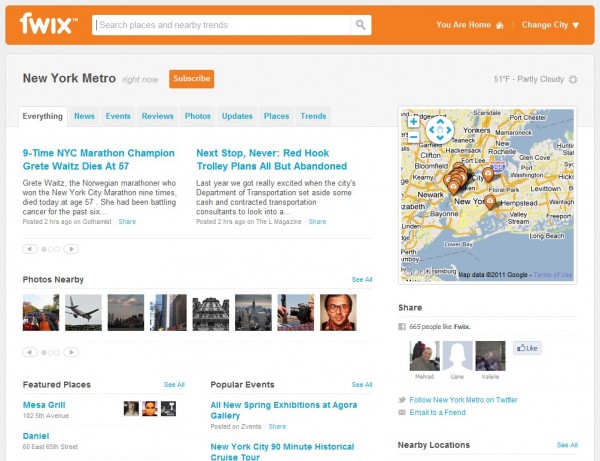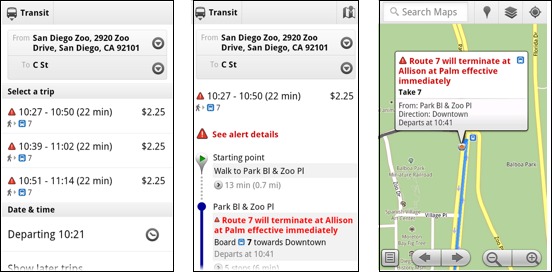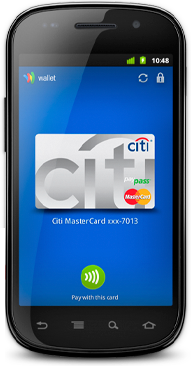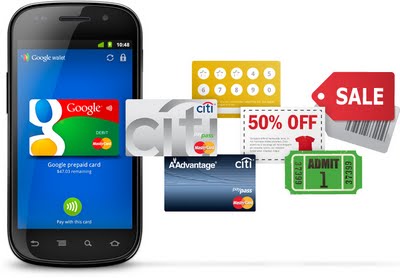Google, Foursquare and SimpleGeo are separately working to build a definitive database of places. Now you can add location-information startup Fwix to that list; it’s releasing a developer API toolkit Tuesday to provide app makers with a wealth of data on places.
Fwix’s API toolkit consists of three key components — places, content and monetization — meaning that developers can not only turn to Fwix as a place database provider, but can use the startup’s geodata pool to grab content associated with places, and tap into its ad network to add plug-and-play ads to their apps.
The primary reason for the release, Fwix CEO Darian Shirazi explains, is to “help big companies and developers produce local products.”

For developers and app makers, the API offering provides free and unrestricted access, with read and write functionality, to location data that they can mix up, mash up and transform as they please.
So, what makes this API standout from the rest? “It’s the marriage between places and content,” Shirazi explains.
The content he speaks of, as indexed by Fwix, includes photos, reviews, status updates, events, news, Foursquare and Gowalla checkins and other mobile or social activity happening around places. The startup’s strength has long been its ability to parse out the places, people and things buried inside web content and match those data points up against places.
“Entity extraction,” the formal expression used to describe this process, “is the core of the company,” Shirazi says.
Shirazi speaks of app makers being able to use Fwix’s data set to uncover the top 10 nearby bars or restaurants based on checkins or reviews, serve up all nearby deals or even create a video application that hinges around local data.
Fwix has partnered with Factual on the places database piece of the puzzle. The two are attempting to create an open platform by allowing developers to write back data on places — developers can edit or delete place data and contribute to the evolution of the database. In doing so, Fwix will also be fighting with SimpleGeo,Foursquare and Google for developer attention, all of which have made significant investments in their respective databases and APIs.
“Our belief is that there is never going to be one agreed upon open places database,” Shirazi says.
He does, however, want Fwix to connect the dots between disparate place identification numbers across multiple services. The startup is collecting and matching the place IDs from other providers with its own IDs, and allowing developers to request back those ID numbers in their API calls. Not every Fwix place will have associated place IDs from other providers on day one, but this is the eventual goal.
Fwix, which has raised a total of $6.7 million since 2008, has the grand vision of eliminating text input in location queries, and instead replacing the search query with a user’s location, Shirazi says.



